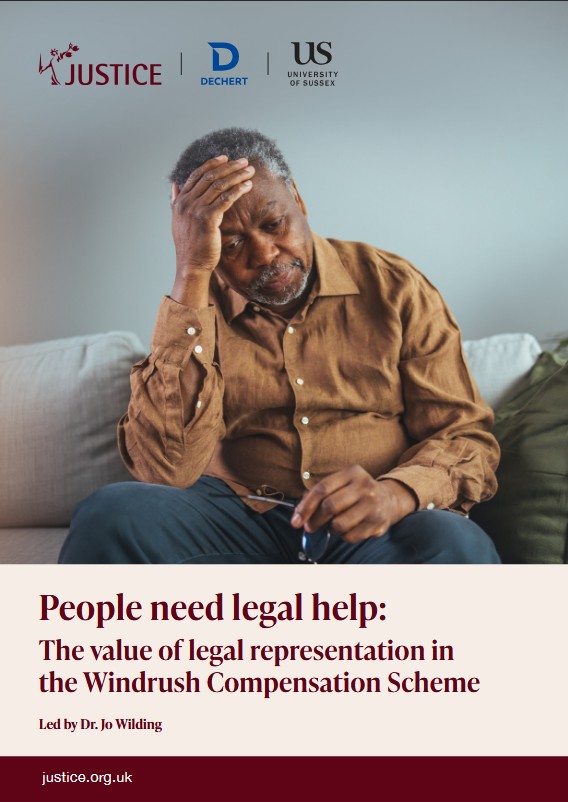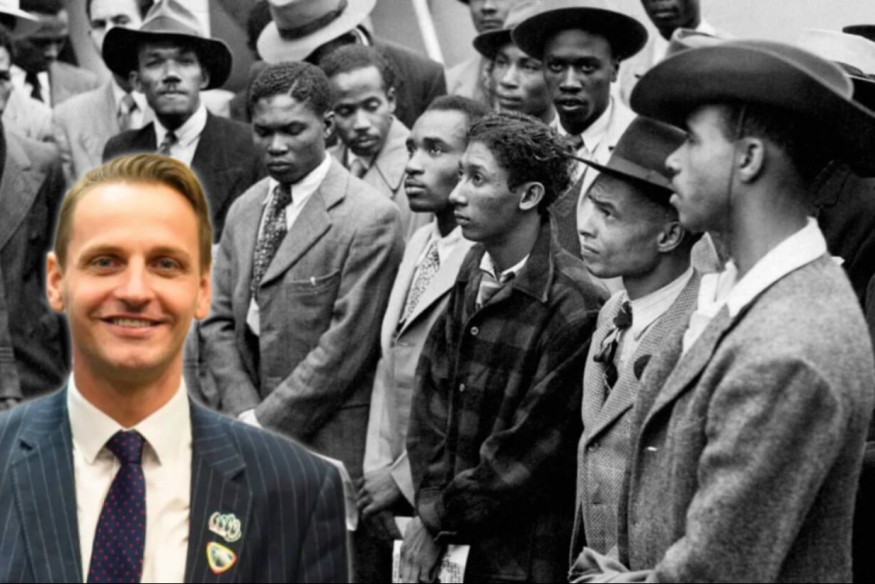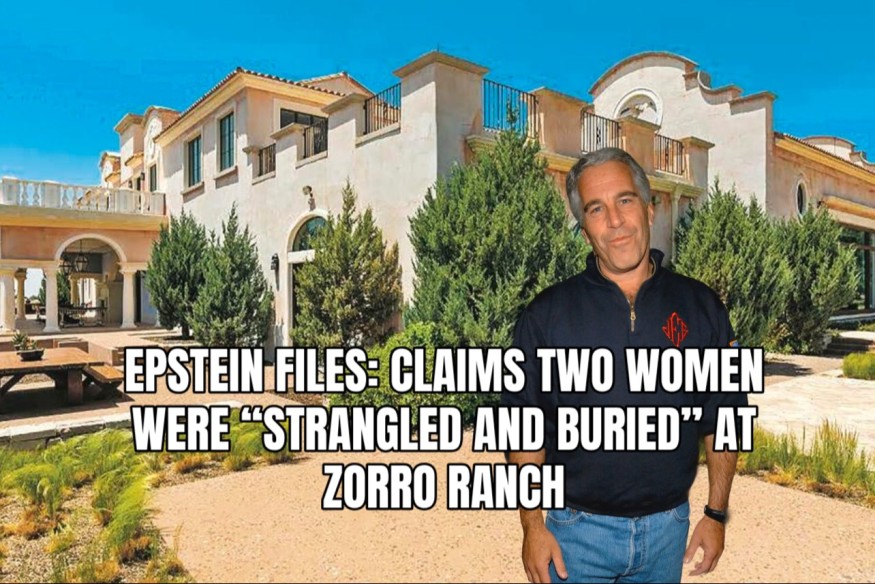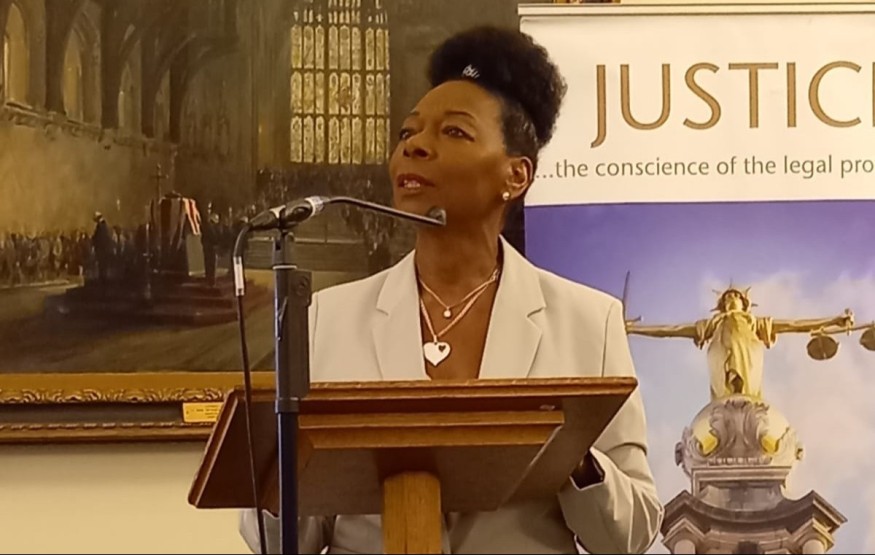
June 21, 2025
By Jam Radio Newsdesk |
Baroness Floella Benjamin did not mince her words in calling for justice. Addressing the All-Party Parliamentary Group on Access to Justice earlier this week, she laid bare what many already knew: the Windrush Compensation Scheme is not just broken—it’s “designed to fail.” And behind its failure lies a more corrosive truth: institutional racism is still deeply embedded in the very machinery that once criminalised and deported British citizens for the colour of their skin.
Baroness Foella Benjamin speaking at APPG on access to Justice (June 16, 2025) - Home Office Scandal
In 2018, Prime Minister Theresa May was forced to publicly apologise for the “appalling” treatment of the Windrush Generation. But apology without proper redress remains a hollow gesture. The following year, the Home Office launched its Windrush Compensation Scheme — the very department responsible for the Scandal has been allowed to govern the process for making amends. The result? Bureaucratic cruelty masquerading as reparative justice.
A Scandal Within a Scandal
A recent study has confirmed what victims and campaigners have long cried foul about: those without legal representation are consistently under-compensated and mistreated. As of this year, fewer than 13% of those estimated to be eligible have received compensation. Many have died waiting—deaths not from natural causes, but from the cumulative toll of stress, neglect, and humiliation at the hands of the Home Office which continues to erase their worth.
Dr. Jo Wilding (researcher at the University of Sussex)
This is not just a scandal. It is a policy failure predicated on a racial hierarchy. Victims were detained, deported, denied healthcare, jobs, pensions, housing, and dignity—not because they broke the law, but because the law broke them. That legacy continues today in a scheme riddled with hostility, delay, denial and disbeleif.
A survival Story
Hetticia McIntosh aka Tricia came to the UK from Barbados with her parents in 1960 as a little girl—a citizen of the UK and Colonies just like Keir Starmer and Yvette Cooper once were, at a time before 1983. She grew up in East London and joined the British Army in the early 1970’s. Tricia recounts when, in 1978 she was called into a meeting with her superiors and told she was not a British Citizen. Barbados had become independent in 1966 but unlike Cyprus which gained its independence six years earlier in 1960 she was no longer considered British.
 Excerpt: Home Office British nationality caseworking decision uint exceptional cases in British nationality
Excerpt: Home Office British nationality caseworking decision uint exceptional cases in British nationality
Mrs. MacIntosh argues that, if an exception can be made for cypriots in 1960 why not for members of the Windrush Generations from Barbados in 1966 —who came to help rebuild the mother country. Tricia told JamRadio: "We were children of the Empire, we were British and residing here, we had made Britain our home, we should be recognised as dual nationals just like the people from cyprus, Antigua, Belize and St. Kitts and Nevis who lived here before 1983 and remained British automatically."
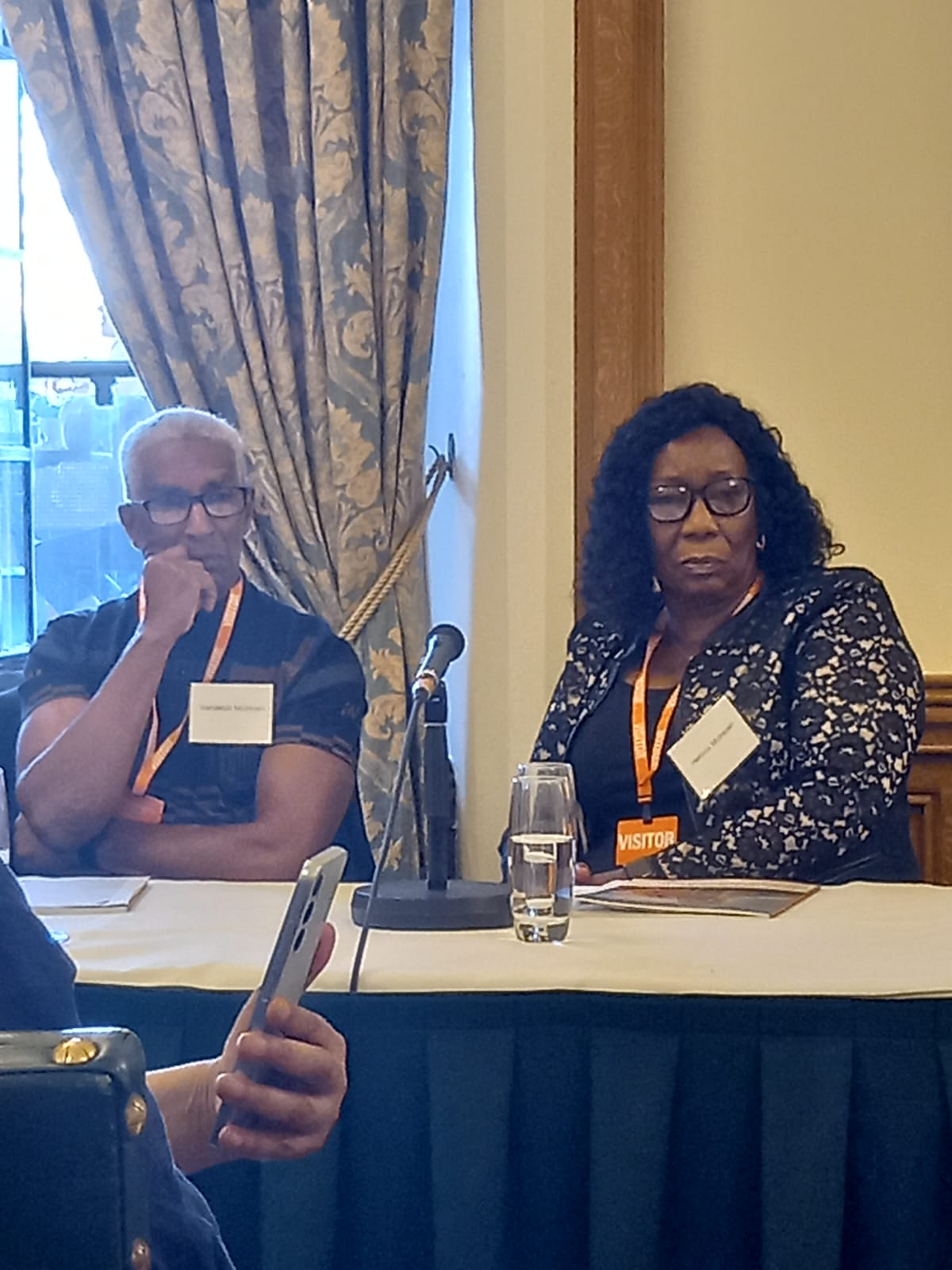 Tricia and Vaun Macintosh spoke at the APPG on Access To Justice
Tricia and Vaun Macintosh spoke at the APPG on Access To Justice
Her husband Vanderbilt McIntosh aka Vaun was born in British St. Lucia —a citizen of the UK and Colonies also, whose Great-Grandfather hailed from Scotland. Vaun has traced his roots all the way back to the United Kingdom and has located birth certificates and other official documents of his grandfather.
In the early 1980’s the couple started to experience difficulties with their immigration status which began to impact their livelihood. Vaun lost his job at Berger Paints in Stratford, East London after the company was sold and the new owners began asking for proof of his right to live and work in the UK. "Things became difficult." Tricia told JamRadio News; "We were no longer able to work and keep up with mortgage payments we eventually lost our home, the Britain we once knew and called home had swiftly become increasingly hostile."
Despite their pleas with the passport office when their troubles began, the McIntosh's were never told that they had a right to register as British citizens under section 7 of the newly implemented British Nationality Act 1981, which would have solved their problems; Or that they already had an automatic Indefinite Leave to Remain in the UK (No Time Limit) which meant they had the right to live and work in the UK, but were never given papers to prove it.
Following the Windrush Scandal the government accepted that it did not provide victims Like Vaun and Tricia who were in the UK before 1st January 1973 with proof of their right to live and work in the UK (No Time Limit). The Wendy Williams Review into the Home Office Scandal revealed that the Home Office's Immigration and Nationality Department (IND) knew of the status held by members of the Windrush Generations and their right to be British.
Advertisement
An online petition has been set up by the charity Action for Race Equality (ARE) calling for leagl aid assistance to be made available for victims of the Windrush Scandal like the McIntosh's to receive proper advice and representation when making compensation claims.
When the Windrush Compensation scheme was launched the Home Office's Windrush Taskforce boasted and ran a national campaign on the premise—"it's so simple, you do not need a lawyer or legal assistance to make a claim." —These bold statements, however became the revolving door, allowing the Home Office to continue its deliberate abuse of Windrush victims.
And where is the political accountability? Despite clear evidence of systemic harm, the government has refused to transfer administration of the scheme to an independent body, something which Yvette Cooper called for many times as shadow Home Secretary. Legal aid remains largely inaccessible. There is no automatic right of appeal. And many claimants are forced to navigate Kafkaesque processes — alone, traumatised, and mistrustful of the very institution that harmed them.
This is structural violence. A continuation of Britain’s racialised immigration regime — one that punishes, devalues, and ultimately discards Black lives under the guise of administrative protocol. A report into the Historical Roots of the Windrush Scandal was released last September after a judge agreed on public interest grounds.
While victims and campaingers continue their calls for a statutory public inquiry into the Windrush Scandal, their calls remain largely ignored by both Conservative and Labour; bearing all the hallmarks of instutional racism at the highest echelons of government.


